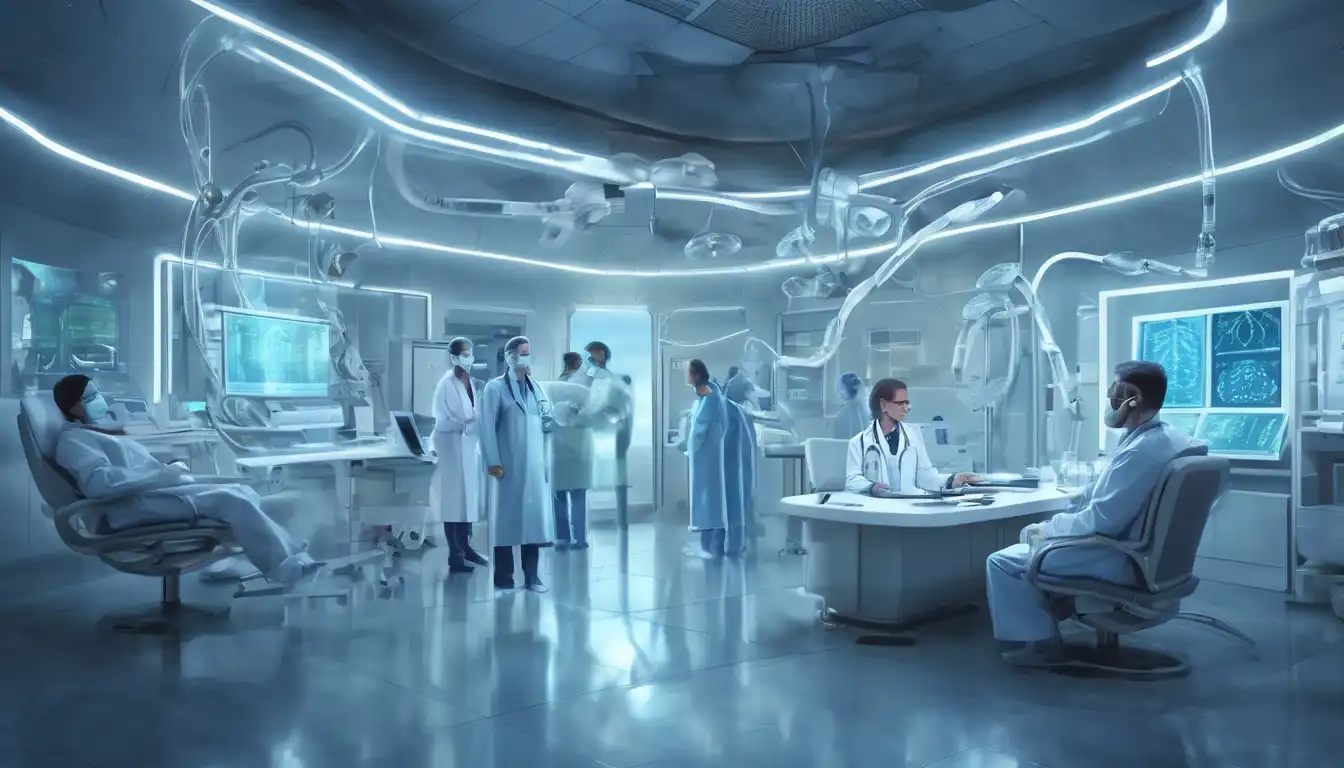The Revolutionary Role of AI in Healthcare
Artificial Intelligence (AI) is revolutionizing the healthcare industry by offering innovative solutions to complex problems. From diagnostics to treatment personalization, AI's role in modern healthcare is undeniable. This article explores how AI is transforming healthcare and what it means for the future of medicine.
Enhancing Diagnostic Accuracy
AI algorithms are now capable of analyzing medical images with precision that rivals or even surpasses human experts. This advancement is crucial in early detection of diseases such as cancer, where early diagnosis can significantly improve patient outcomes. Learn more about AI in diagnostics.
Personalized Treatment Plans
By analyzing vast amounts of data, AI can help create personalized treatment plans for patients. This approach ensures that treatments are tailored to the individual's unique genetic makeup, lifestyle, and other factors, leading to better health outcomes.
Streamlining Administrative Tasks
AI is also making waves in the administrative side of healthcare. From scheduling appointments to processing insurance claims, AI-powered systems can handle these tasks more efficiently, reducing costs and freeing up healthcare professionals to focus on patient care.
Improving Patient Monitoring
Wearable devices and AI-powered apps are transforming patient monitoring by providing real-time data to healthcare providers. This technology enables proactive management of chronic conditions and can alert providers to potential health issues before they become serious.
Challenges and Ethical Considerations
Despite its benefits, the integration of AI into healthcare raises important ethical and privacy concerns. Ensuring the security of patient data and addressing biases in AI algorithms are critical challenges that need to be addressed.
The Future of AI in Healthcare
The potential of AI in healthcare is vast, with ongoing research exploring new applications. As technology advances, we can expect AI to play an even greater role in improving healthcare delivery and outcomes.
For more insights into how technology is shaping the future of healthcare, visit our technology section.
